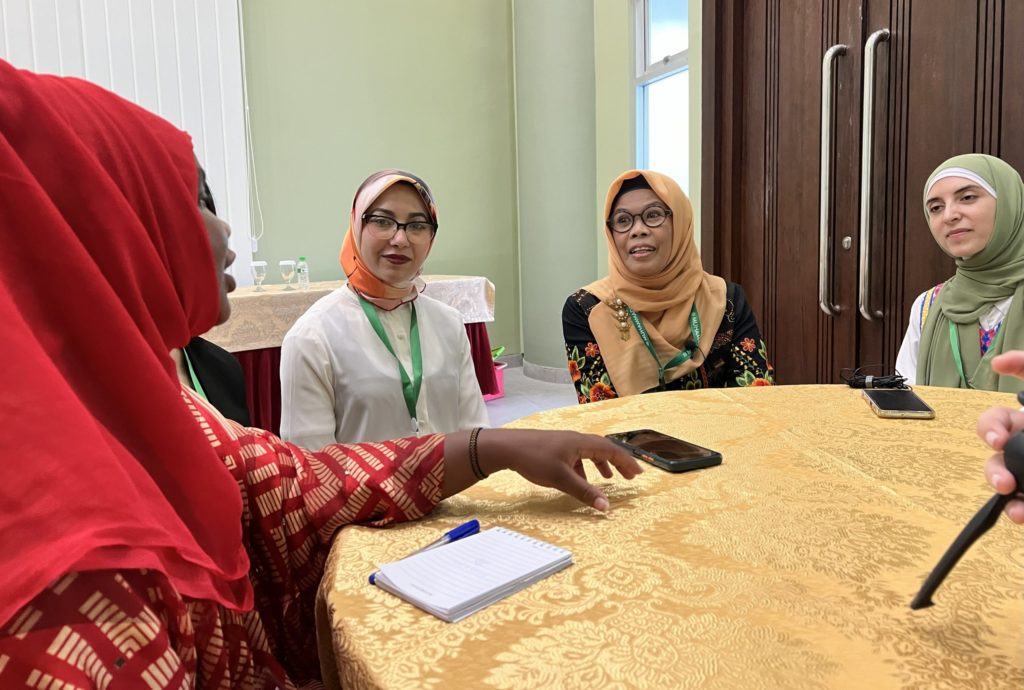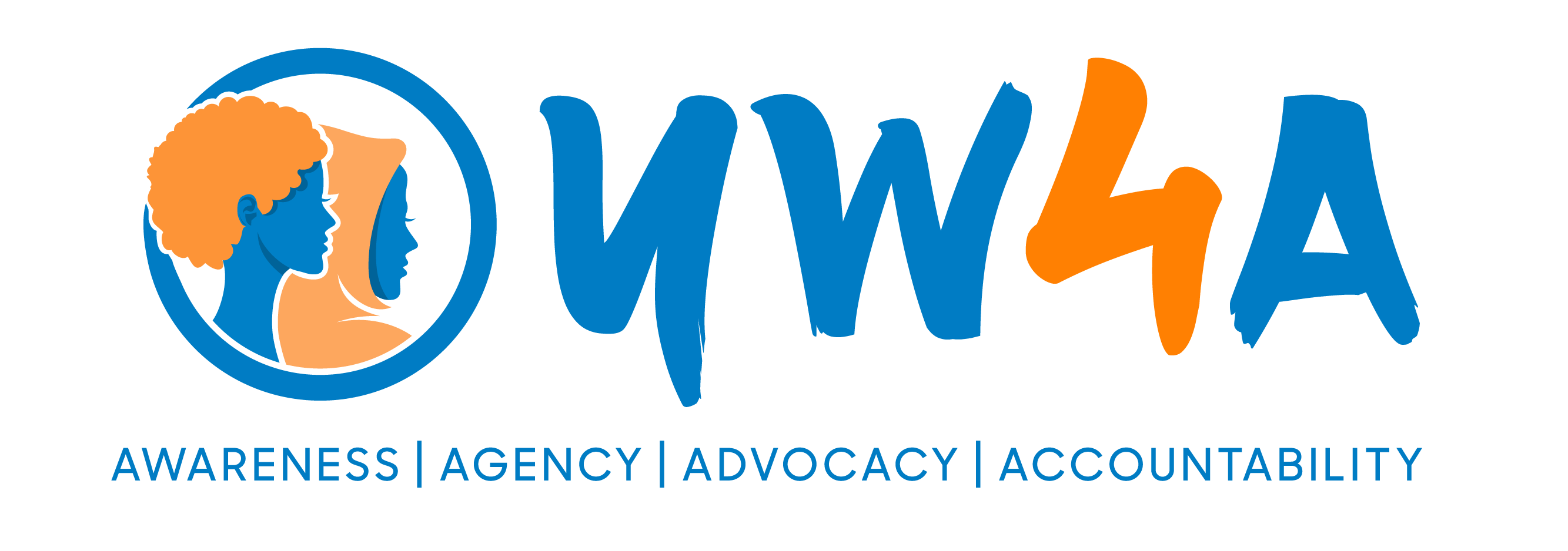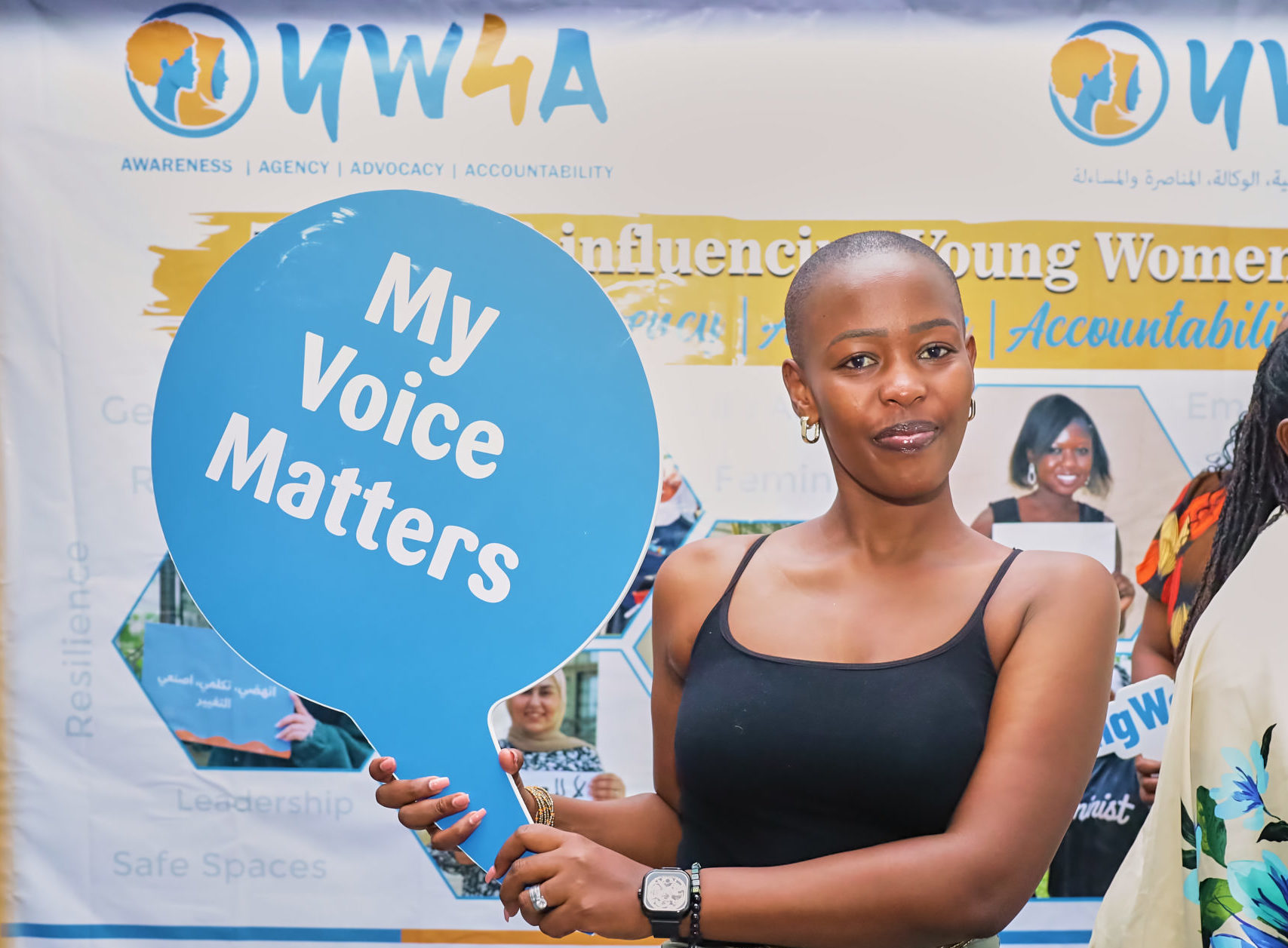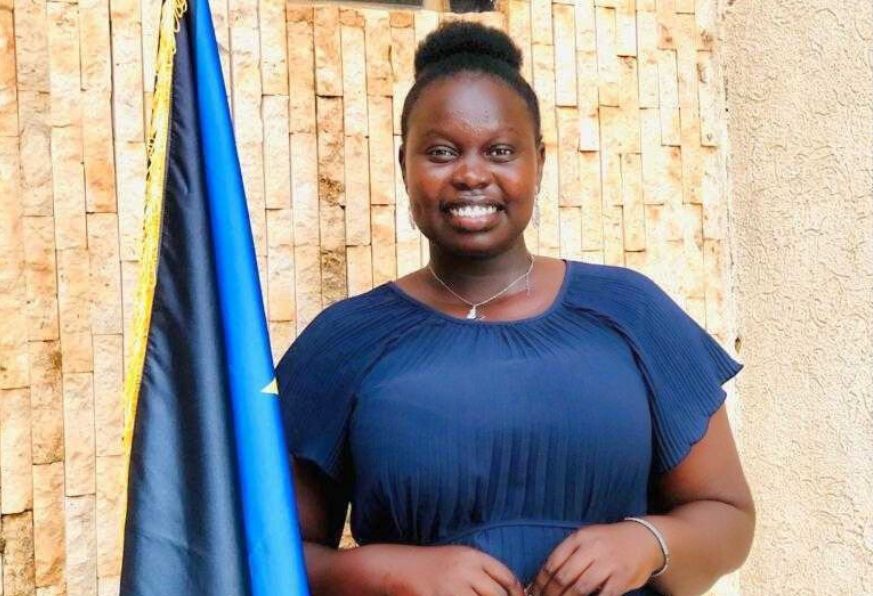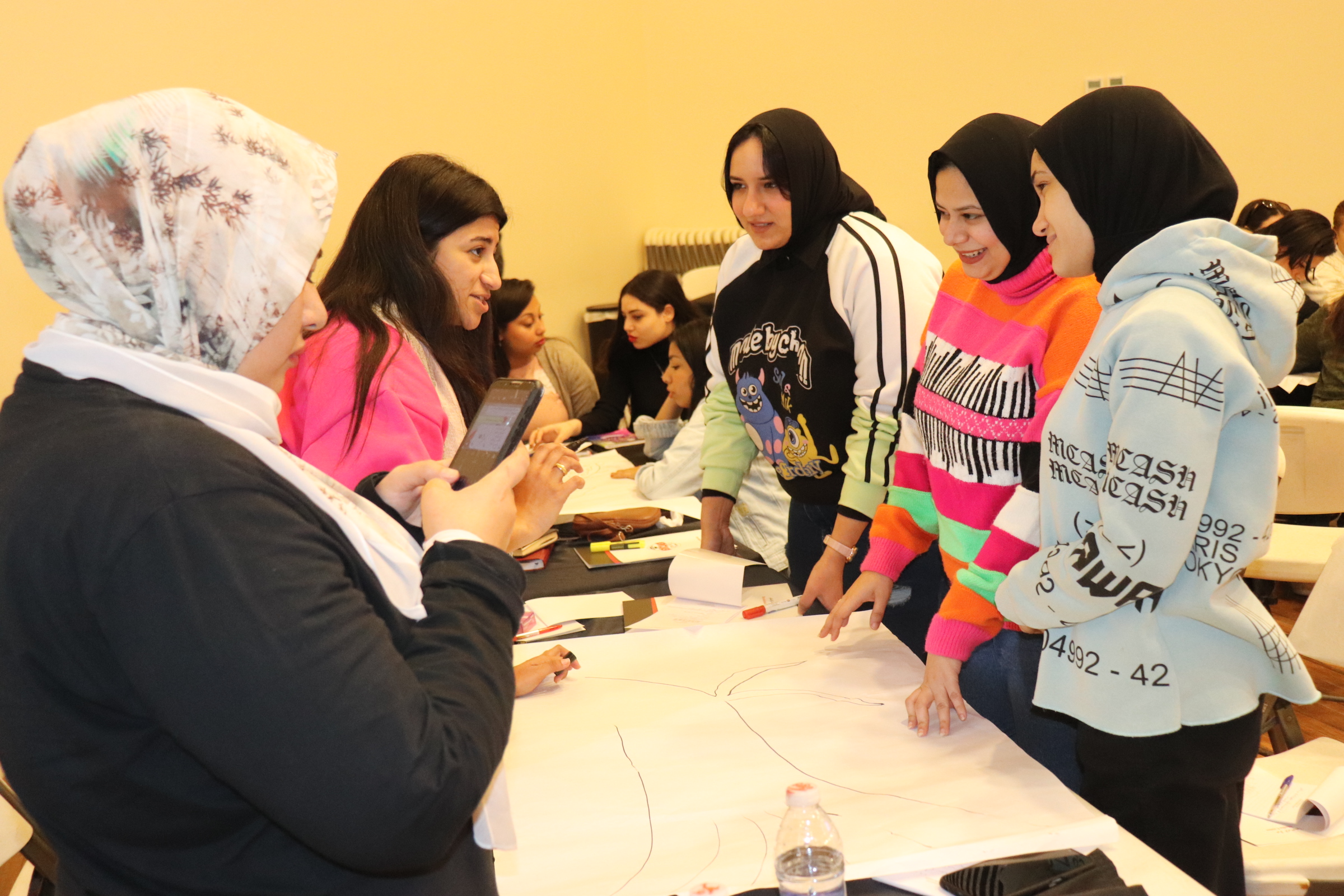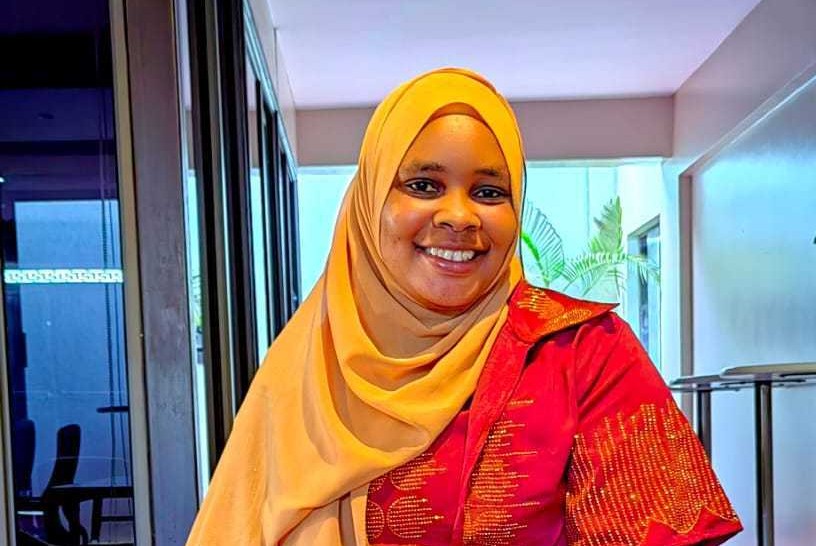
When Hallawia Shariff first walked into a YW4A FEM space in Kisii, she carried more questions than answers.
As a young Nubian woman from a marginalised Muslim community, she had grown up surrounded by silence, especially when it came to the lives and struggles of women like her. Her community, stateless and often excluded, carried the weight of history. But Hallawia had quietly begun pushing against its limits long before she had the words for what she was doing. She had seen her mother and neighbours endure economic and emotional violence. Some subtle, some not. Women were expected to stay home. Girls dropped out of school early. Asking questions made you difficult. Yet, Hallawia still asked.
Beadwork became her quiet rebellion. What started to earn a living turned into something bigger that sparked possibility in others. She began training young women in her neighbourhood to create and sell beaded jewellery. Not just to make money but to loosen the grip of dependence and, in doing so, reduce gender-based violence that was all too often normalised.
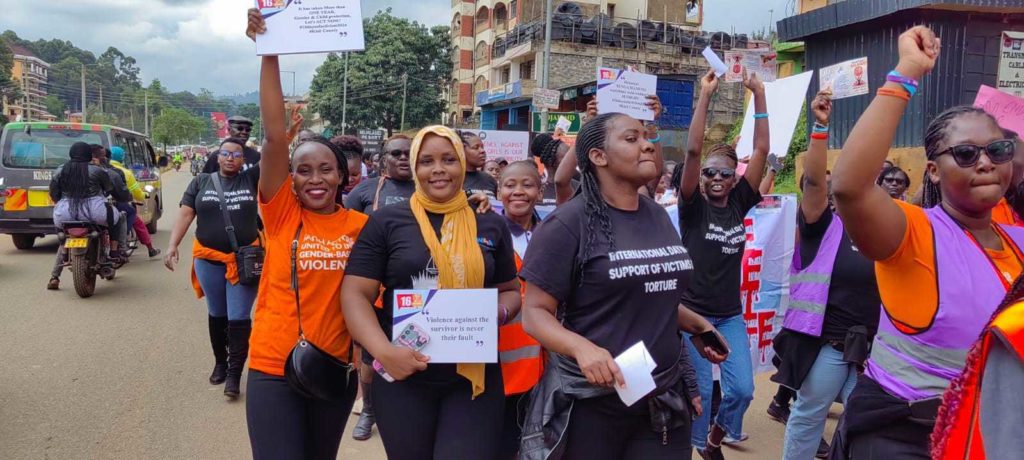
In 2022, her path shifted. A friend introduced her to the YW4A programme through the YWCA of Kisii. At first, she hesitated because she is Muslim, and this was a Christian organisation. Would she be accepted? Would her community understand? However, with patient encouragement and a conversation with the local branch coordinator, she joined the Empowered Ladies FEMspace. That decision became the anchor point for a new phase of her life.
Since then, Hallawia has sought every opportunity to build her skills and deepen her impact. Under the YW4A programme, she has participated in:
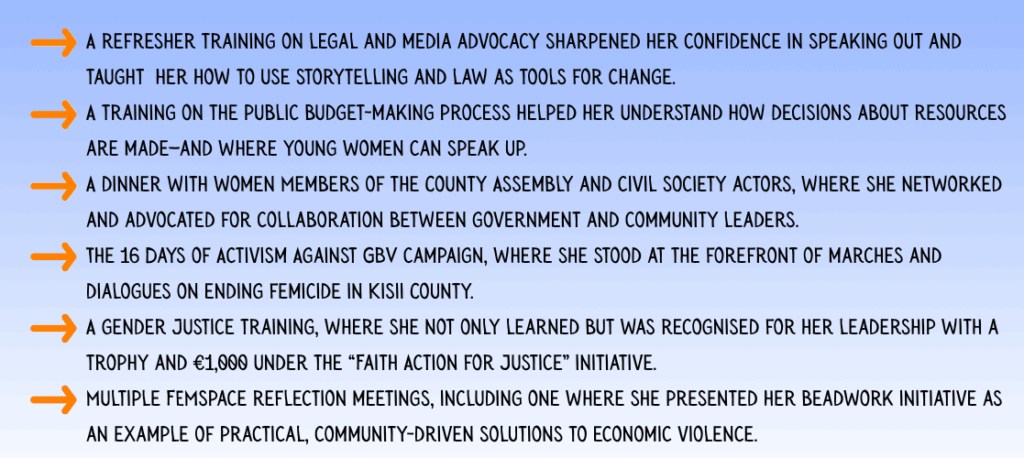
In May 2024, she travelled to Indonesia to attend the Global Conference on Women’s Rights in Islam. It was her first time abroad and a turning point. She returned with knowledge and validation that her voice, as a young Muslim woman from a minority group, belonged on global stages.
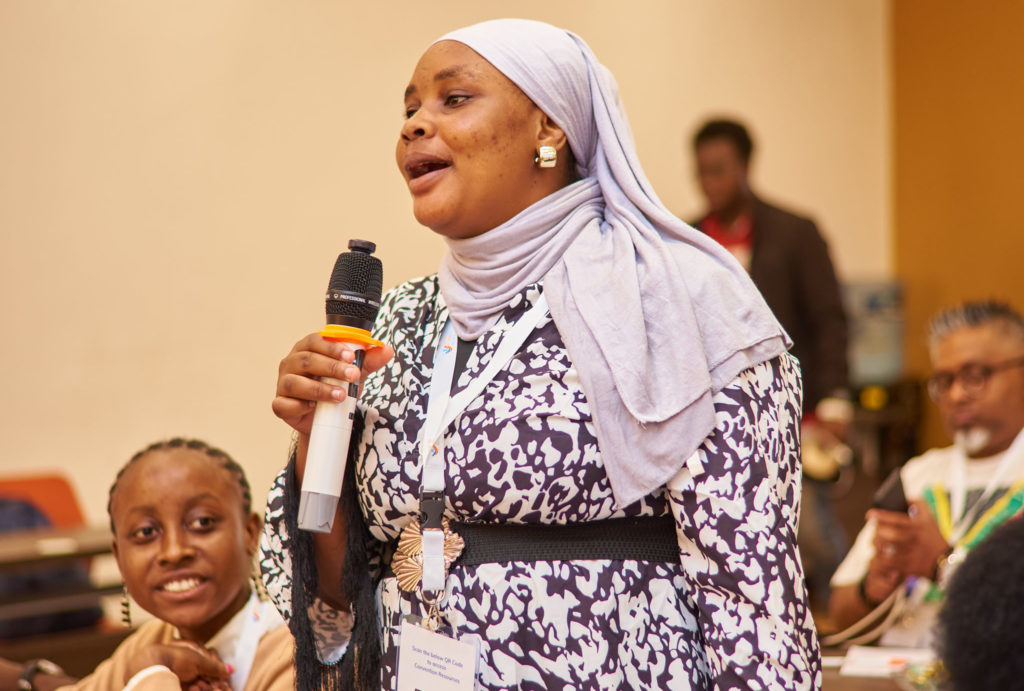
Hallawia’s strength lies in what she says and builds. The beadwork programme she started is now a recognised initiative within the FEMspace. Women who once relied on their partners for everything now run small-scale businesses. They contribute to their households. They walk differently. Some have gone back to school. Others have started mentoring the younger girls.
She reflects,
“The learnings in the YW4A programme have really enabled me advance my leadership skills. I used to be shy but now I can mobilize people from my community to protest because we are being denied the rights to acquire Identity Cards (IDs) since we are from minority group, even our IDs take a very long period of time before they come. Through the small scale of making beads I introduced in my community has led to a reduction of GBV cases in my community, women have known their rights as they are now empowered themselves economically. I can testify that I am a success story that a girl from minority community in Kenya can also shine like others. I will continue to be an advocate advocating for the rights of the voiceless not only within my community but also Kisii county at large.”
Her mother, once sceptical, now beams with pride.
“I am so proud of my daughter for the milestone she has made. Before her joining the programme, I was against her joining a Christian organisation since we are Muslims, but upon hearing what the programme dealt with, I accepted her joining. Through this programme, I can confidently say that my daughter has brought light to Muslim women, as they now know their rights and issues of GBV have reduced.”
In communities where intersectional exclusion, being young, Nubian, female, and Muslim, can silence someone before they even begin, Hallawia has found her voice. More than that, she has helped others find theirs, too. And the most remarkable part? She is just getting started!
